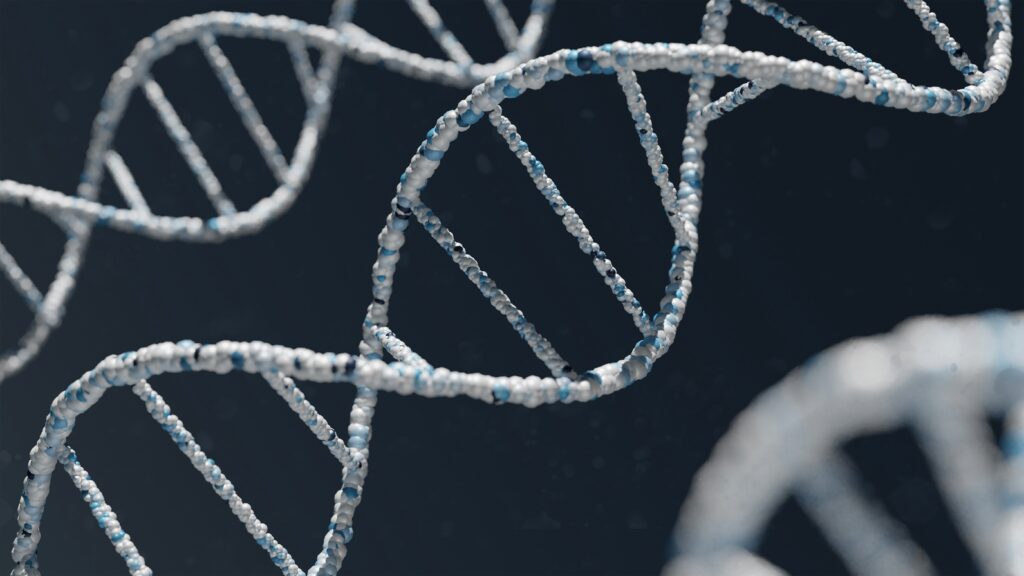Feb 19th, 2019
Oregon looks into advanced technology for DNA tests
Oregon looks into advanced technology for DNA tests
When police are investigating a crime, it is not uncommon for authorities to collect samples (ex. blood, saliva) from the crime scene to help create a suspect’s DNA profile. This technique is true in many jurisdictions, including Oregon.
However, recently, technology has evolved. Oregon’s Gun Task Force is advocating a process, which might help decipher who may have shot a gun or gripped a particular weapon used in a specific crime. The bureau is advocating a five-year agreement with Bode Technology Group to help Oregon investigators code residual DNA from oil glands, skin cells or sweat that has been left on guns and other weapons.
Gun Task Force is pursuing the DNA technology because officers are purportedly facing difficulties proving to whom a specific gun belongs. The current evidentiary technique attempts to lift fingerprints from guns; however, sources note that the textured surface of weapons makes it difficult to get a match. Moreover, Oregon’s crime lab does not retain resources to do such technical analysis on a regular basis. Such examinations are generally performed when evidence is from a rape or homicide case.
In this new process, however, DNA can be obtained from microscopic amounts of cellular material on guns, victims, clothing or other materials or objects. In fact, only 20 skin cells are needed to obtain a sample. If the contract goes through, some Oregon police would send DNA evidence to a lab in Virginia.
Critiques of the technology
The process has its drawbacks, however. While it allows for DNA detection with very small samples of biological evidence, forensic experts warn that it can precipitate only a partial profile of an individual. It can also bring about DNA profiles from more than one individual who has come in contact with the gun. Moreover, DNA evidence does not, alone, tell an investigator how or when someone came into possession of a gun. Because guns are so portable, elaborate DNA evidence collected from the technique may be too broad. For example, if the person who shot the gun in the actual crime touched another person’s hand and then did the crime shortly after, both persons’ DNA could be on the gun.
Only time will reveal whether Oregon utilizes the special technology. The use of this advanced process could either help or hinder cases. What is most important is that evidentiary DNA tests maintain their integrity. If not, innocent persons could be sent behind bars.
If you have been charged with a serious crime and evidence may be an issue in your case, you should ensure that you have sufficient legal support. A qualified criminal law attorney has familiarity with evidentiary issues.
Call Today For A Free Consultation: 503-747-7198
















